11. The Phantom of Liberty (1974, Luis Bunuel)
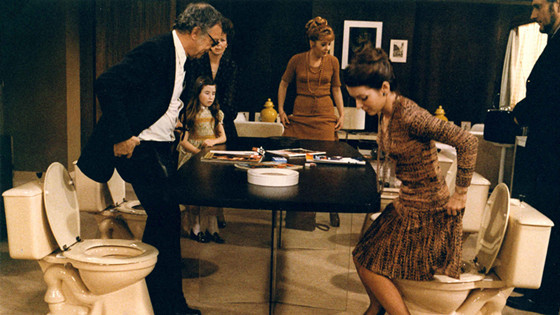
Guests dining at toilet bowls, monks playing poker while smoking, police looking for a girl who’s right under their nose – these are the scenes only seen in a Luis Bunuel film. Questioning the traditional idea of freedom, this film is liberated from narrative and logic, and it’s surrealism at its best.
12. F for Fake (1975, Orson Welles)
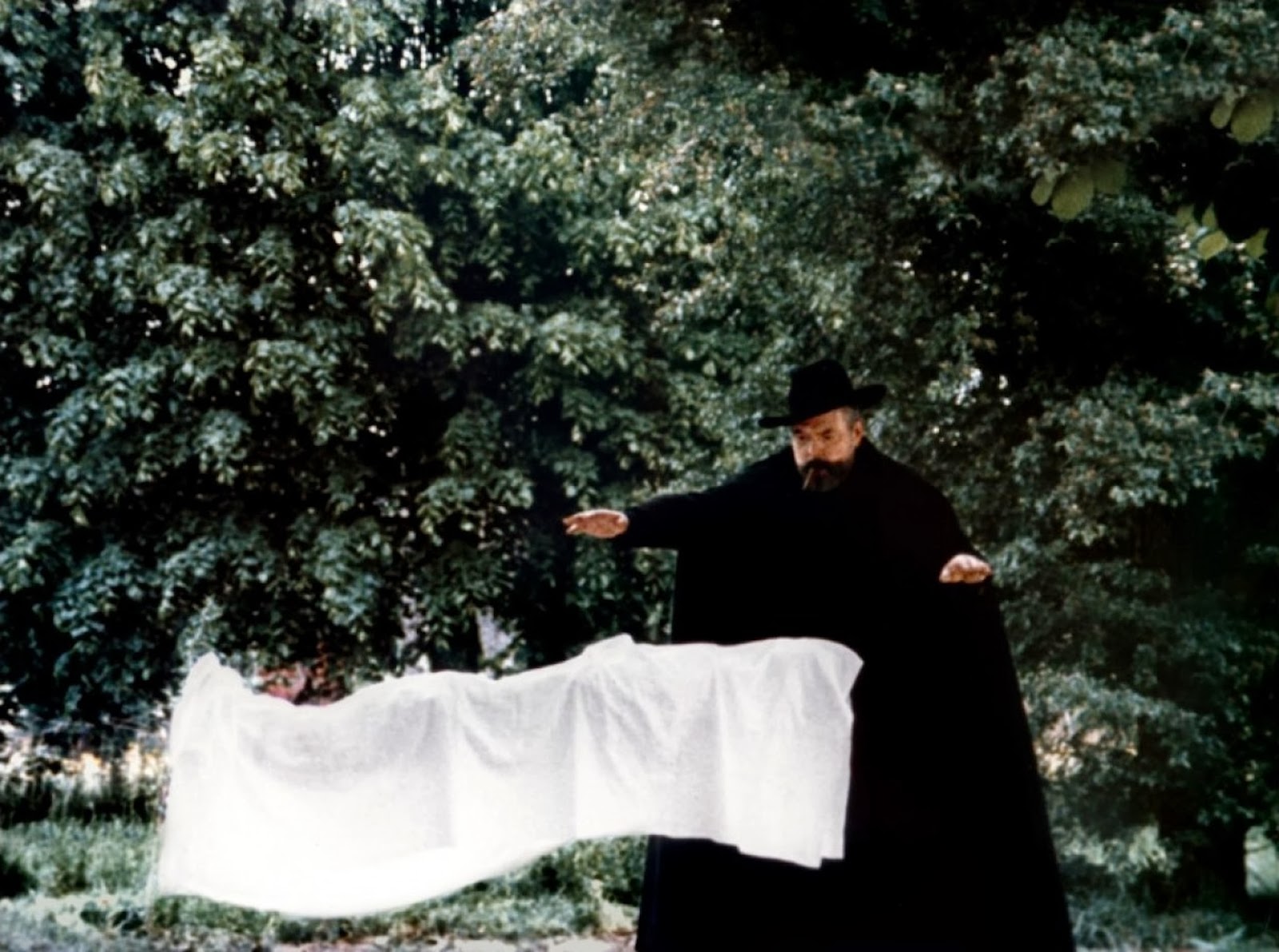
Constantly blurring the line of fiction and reality, art and lies, “F for Fake” is a unique and inventive work of art by one of America’s greatest film magicians, Orson Welles. It’s hard to define, as it’s something between documentary and film. The role of Orson Welles is one of the characters this minute, and the fourth-wall-breaking narrator the next, and you can never be sure if you are watching the film’s story unfolding or just the behind-the-scenes. Amazing.
13. Jeanne Dielman, 23, quai du Commerce, 1080 Bruxelles (1975, Chantal Akerman)
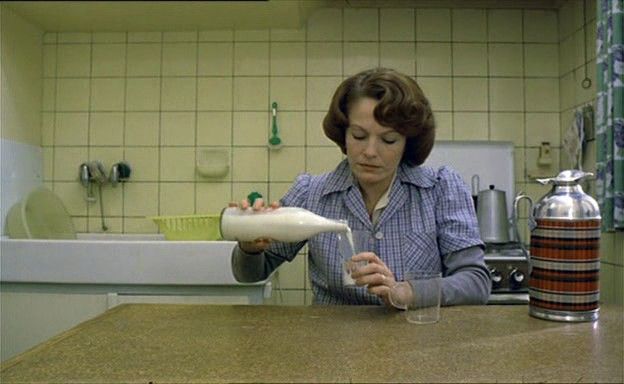
A masterpiece of slow cinema, “Jeanne Dielman” is an epic feminist film about the day-ins and day-outs of a housewife. Clocking at 201 minutes, the film details the daily trivia in such a subtle way that even the climax might be skipped if you didn’t pay close attention. It’s a great cinematic experiment about time and space, and an essential feminist film in the history of cinema.
14. The Killing of a Chinese Bookie (1976, John Cassavetes)
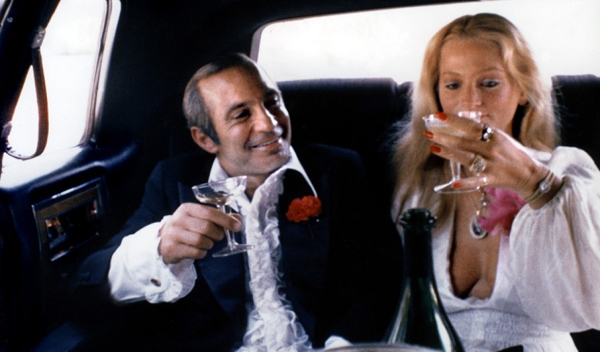
Probably one of the most unconventional gangster movies ever made, “The Killing of a Chinese Bookie” might be the best gateway film to the cinematic world of John Cassavetes, the king of American indie cinema in the 1970s. Ben Gazzara delivered the performance of a lifetime, and THAT is something you have to witness.
15. Cria cuervos… (1976, Carlos Saura)
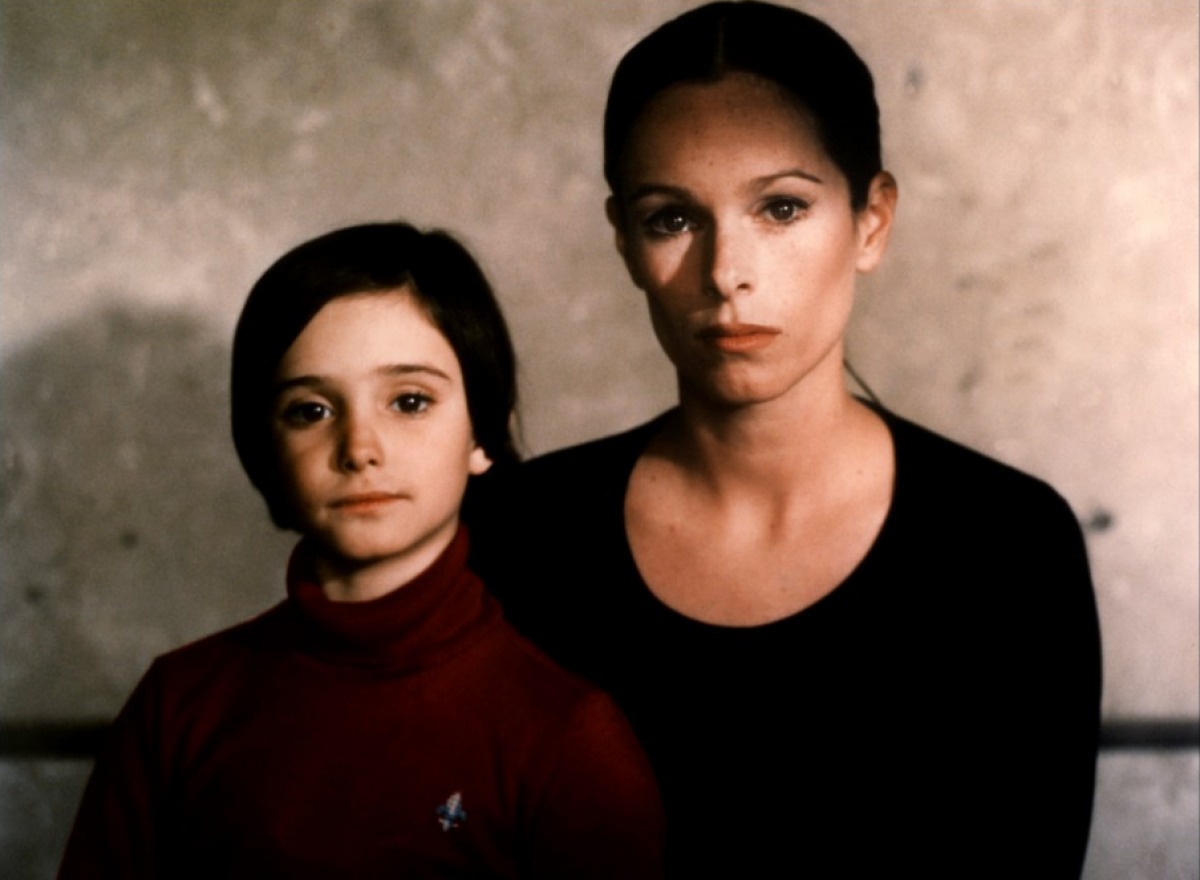
Made by the often-underrated Spanish filmmaker Carlos Saura, “Cria cuervos…” is an important film that captures the pain and struggle inside a Spanish middle-class family in the post-Franco era. Ana Torrent, the child star of another classic Spanish film “Spirits of the Beehive”, delivered another amazing performance unmatched for her age.
16. 3 Women (1977, Robert Altman)
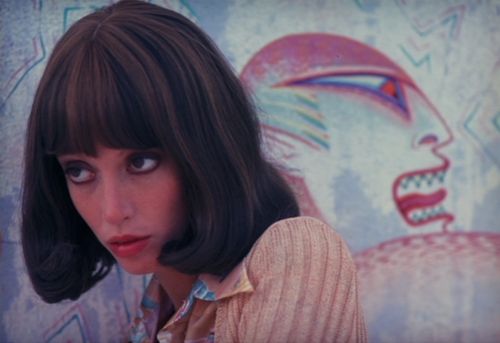
A homage to the legendary psychosexual drama “Persona” by Ingmar Bergman, Robert Altman’s “3 Women” took the premise of the classic and took it a step further, exploring the complex relationships among three leading female characters in the film. Partly dreamlike and partly psychedelic, this is Altman at his most experimental, and a unique film in the New Hollywood era.
17. The American Friend (1977, Wim Wenders)
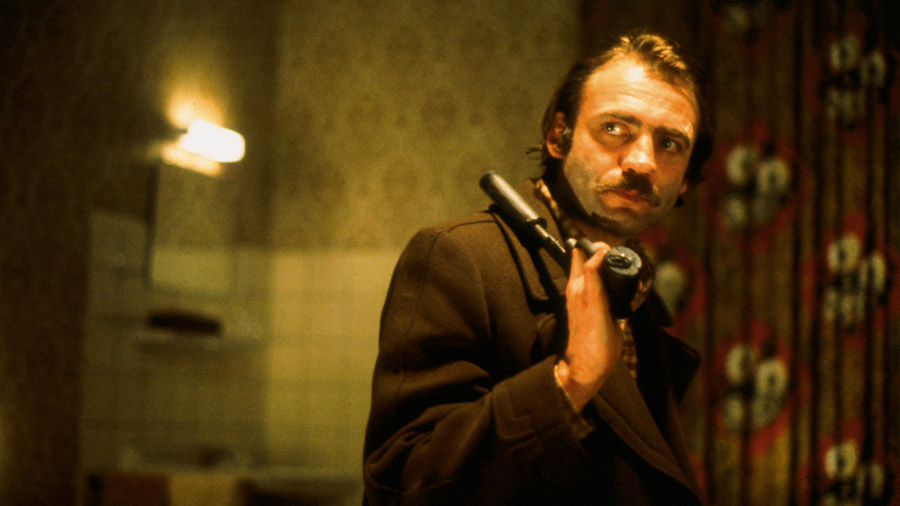
Loosely adapted from Patricia Highsmith’s novel “Ripley’s Game” (the first of the series was adapted into Rene Clement’s “Purple Moon” and Anthony Minghella’s “The Talented Mr. Ripley”), Wim Wenders’ loving tribute to the classic American film noir is a darkly funny neo-noir about the unlikely relationship between an underworld criminal (played by Dennis Hopper) and an art dealer (played by Bruno Ganz). Its perfect blend of American storytelling and German style made it an early classic of the German auteur.
18. Days of Heaven (1978, Terrence Malick)
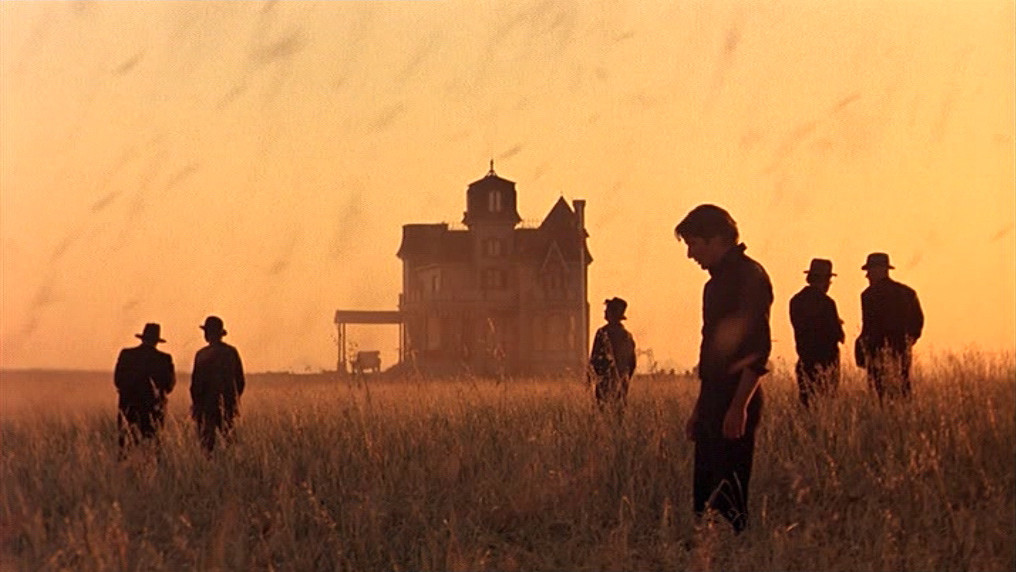
Probably the most famous film whose most parts were shot during the “magic hour” (a period shortly after sunrise or before sunset, during which daylight is redder and softer than when the sun is higher in the sky), Terrence Malick’s early masterpiece is truly one-of-a-kind. Shot by Nestor Almendros, Francois Truffaut and Eric Rohmer’s cameraman, this film will give you a unique visual experience you’ve never had.
19. Vengeance is Mine (1979, Shohei Imamura)
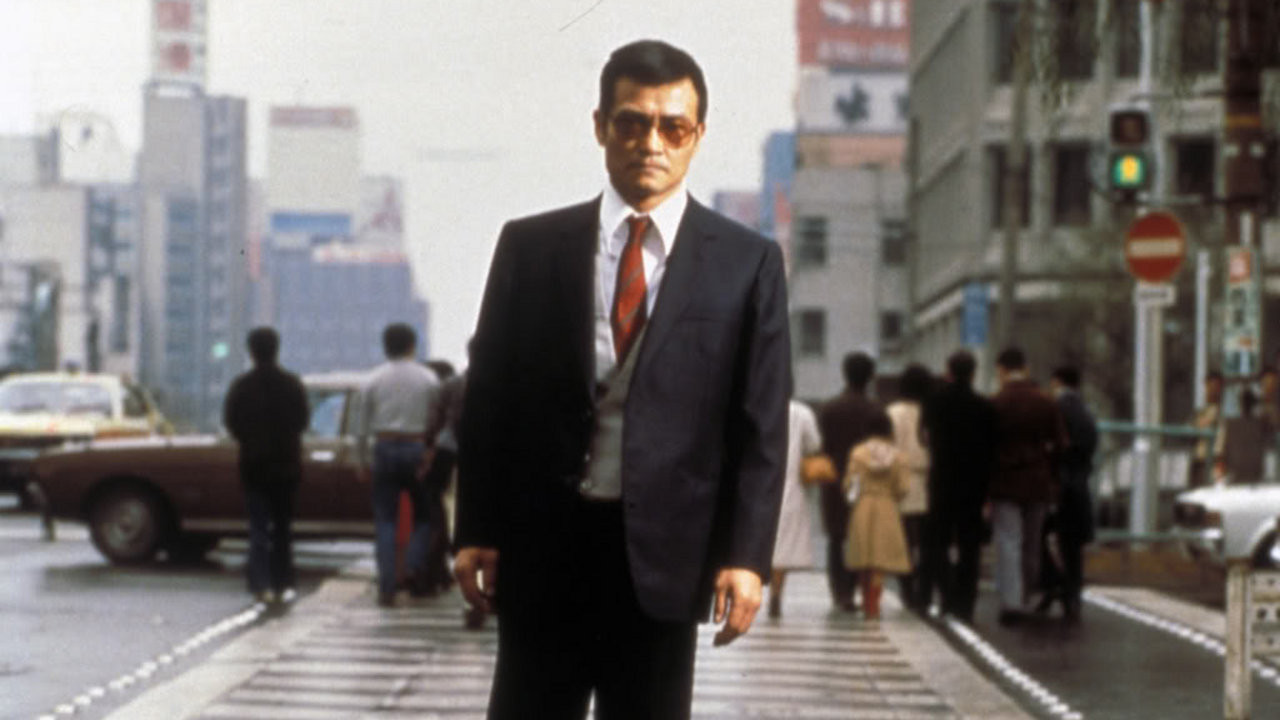
This little gem from Japan about a true-crime event of a serial killer is a great entry film from Palme d’Or-winning director Shohei Imamura. It has this unique Imamura-style investigating narrative that goes forward and backward at the same time, and it deals with the essential Imamura theme that is the primitive desire of human being. The portrayal of the serial killer by Ken Ogata is the most harrowing and creepy of its kind.
20. The Brood (1979, David Cronenberg)
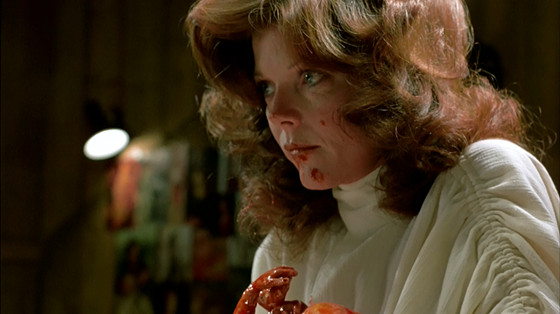
One of the early classics from Canadian body horror master David Cronenberg, ”The Brood” starts slow but gradually sucks you into the plot with its dark secrets and psychological power. It’s not just a simple body horror film, it’s a brilliant satire of parenthood and a grand tragedy of a divorced family.